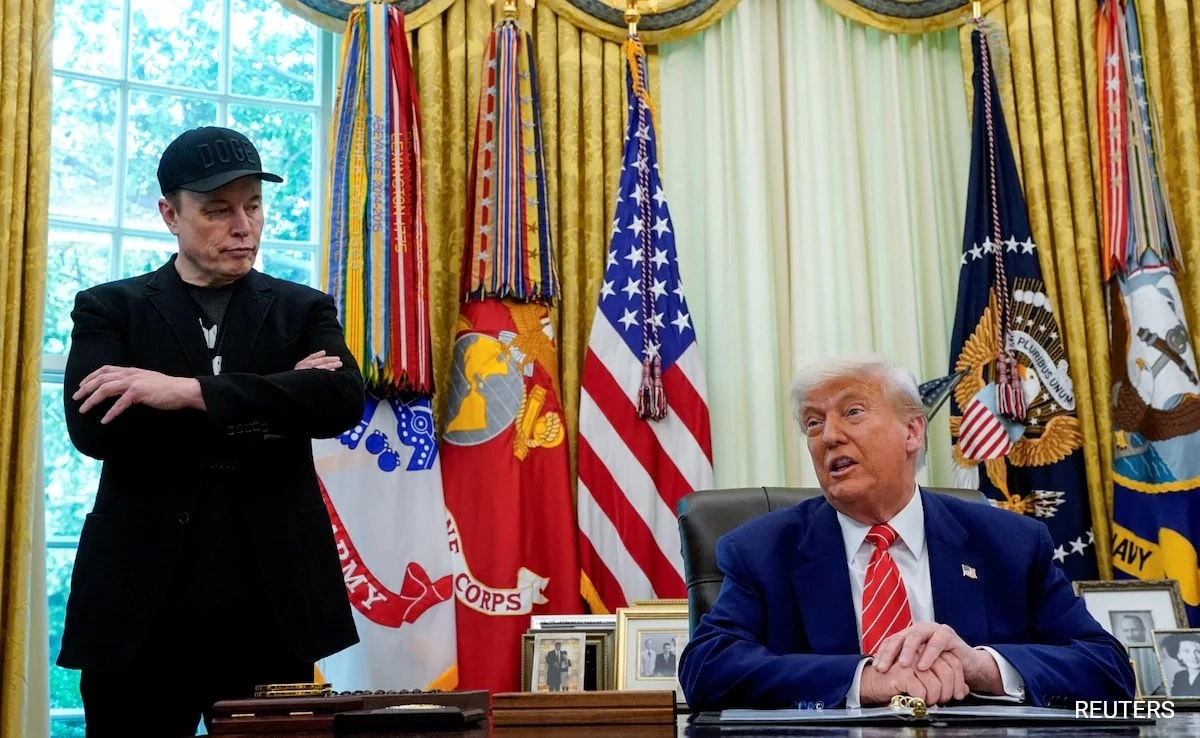Recently, a provocative statement made by former President Donald Trump has stirred significant conversation, particularly in the realm of social media and political discourse. Trump, during a public appearance, suggested that individuals who are dissatisfied with the current state of affairs in the United States should consider returning to South Africa. This comment was perceived by many as a thinly veiled jab at various groups advocating for social justice and reform. The remark quickly drew attention online, prompting a flurry of responses from various public figures, including Tesla and SpaceX CEO Elon Musk.
Musk, known for his often outspoken and controversial presence on social media, chose to engage with Trump’s comment directly. In an unexpected twist, he turned the statement into a dare, challenging Trump to clarify his stance and possibly to substantiate his assertions. This exchange highlights the increasingly dynamic interplay between influential figures in politics and technology, illustrating how social media can amplify and alter the landscape of public discourse. Musk’s response was not merely a retort but a call for accountability, emphasizing the importance of dialogue in addressing the complexities of societal issues.
The interaction has sparked a broader conversation regarding national identity, immigration, and the responsibilities of influential figures in shaping public opinion. Musk’s dare serves as a reminder that statements made by those in power can have far-reaching consequences, and that accountability is crucial in a democratic society. As discussions continue to unfold, it remains to be seen how this exchange will influence public perception and the ongoing conversations surrounding immigration and social justice in America. This incident encapsulates the volatile nature of contemporary political dialogue, where every statement can ignite passionate debate and lead to unforeseen consequences.




